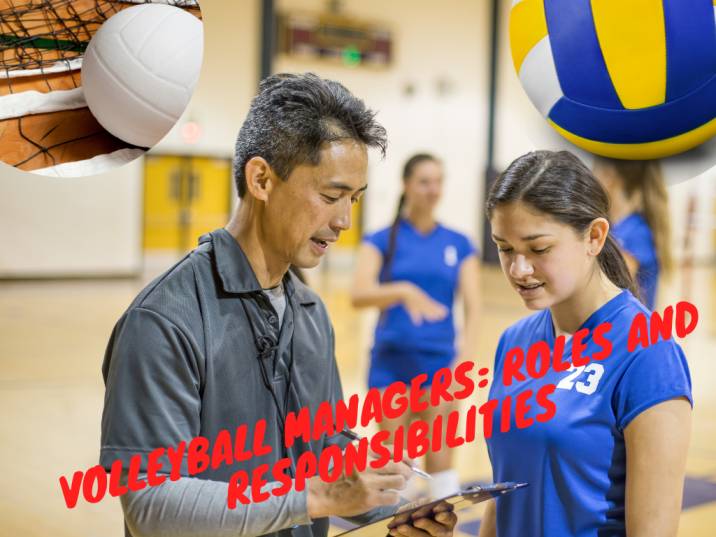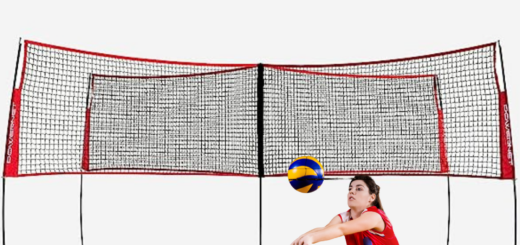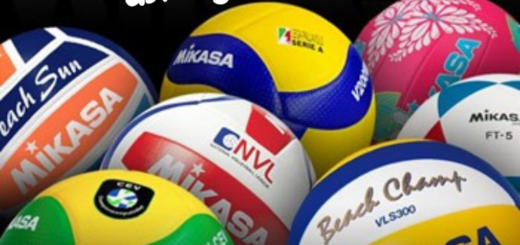What do volleyball managers do

While the audience and the world out there see the end result of the game, volleyball managers are the ones who are actually responsible for the performance of the team. The important role of volleyball managers has made people ask a question: what do volleyball managers do?
Volleyball managers arrange training sessions for the team, collaborate with the coach and the players, coordinate with the media, help plan team functions, manage equipment, organize paperwork, help host tournaments, and reinforces positive attitude among team players among other duties.

What Do Volleyball Managers do?
While volleyball managers have a lot of responsibilities, they need to have effective organizational skills to run a successful volleyball team.
Managers have an important role to play before, during, and after the volleyball game, as discussed below.
Look at the volleyball game from a business perspective. The team owners treat the team as a business, and this business flourishes when the volleyball team performs well. Now to bring the performance out of the team, team owners hire a manager whose responsibility is to bring the best out of the team.
Let’s have a detailed breakdown of the volleyball manager duties before, during and after the game.
Volleyball Team Manager Responsibilities before the Game
Volleyball managers have the following responsibilities before the start of the game or the volleyball season.
- Making a workable and operational plan for the team.
- Coordinating with different coaches, dietitians, physicians, and doctors of the team to get their input about the performance of the team.
- Finalizing contracts for players and other staff members, including coaches, and enforcing the contracts.
- Taking care of the budget of the team and allocating the budget as per the requirements of the team.
- Dealing with the sponsors of the team.
- Arranging the kits for the team.
- Managers also organize practice sessions for volleyball players and often oversee those sessions.
Volleyball Team Manager Responsibilities During the Game:
During the game, volleyball managers have the following responsibilities:
- Executing the operational plan which the manager crafted before the game.
- Create a healthy communication environment between coaches, executives, and shareholders of the team.
- Preparing match reports and coordinating with coaches to take in-game notes.
- Making in-game replacements and substitutions to get the best out of the available resources.
Volleyball Team Manager Responsibilities After the Game
- Ensuring that players are attending press conferences and any other media events that may be required.
- Handling the media and collaborating with the Public Relations department of the volleyball team.
- After the volleyball game, the team manager reviews the in-game notes and asks players to make any required changes.
- Team managers are also responsible for coordinating official meetings between players and the coaches in which coaches give their professional opinion to different players about their performances.
- Volleyball team managers also oversee the data points that tell them about the capabilities of different players. They coordinate with data analysts to work on the weaknesses of different players. Datasets can also assist managers in realizing the best role for different players during the volleyball game.
- Create individualized plans for each athlete.
While players move toward their next assignment after the completion of their match, managers are also busy crafting a new strategy for the next game.
Volleyball managers must demonstrate excellent organizational and communication abilities in order to ensure outstanding results both inside and outside of competition.

What are the most common responsibilities of a volleyball team manager?
A volleyball manager must also communicate regularly with players, giving instructions on team procedures and warm-up routines. Additionally, they must be well-informed regarding any scheduling changes or registration requirements.
Furthermore, they are liable for organizing transportation to and from games, tracking equipment inventory, taking attendance at practices and competitions, as well as sorting out any conflicts among their players or coaches.
How do volleyball managers ensure that the team is adequately trained for a competition?
Volleyball managers are tasked with the difficult job of providing team members with the appropriate resources and training necessary to take their game to a higher standard.
To ensure that players are adequately prepared for competitive play, managers will often schedule drills, workshops, and practices which simulate real-life match scenarios and focus on the development of the players’ skillset and enhance overall team performance.
Additionally, most managers will procure experienced coaches or mentors who provide motivation while reinforcing new techniques backed by sound principles of the game.
By creating an optimal training environment suitable for technical skill and tactical drills, volleyball managers are wholly responsible for ensuring their teams reach peak performance when competing against other teams in tournaments.
What sort of administrative duties are typically performed by a volleyball manager?
Volleyball managers are responsible for a wide range of administrative duties that help keep the team organized and running smoothly. These tasks vary from scheduling practices and competitions, preparing necessary paperwork for game-day authorities, and ensuring player safety and health regulations are followed to communicating with referees and other teams.
Managers play an essential role in making sure each practice session runs efficiently and that everyone is aware of all the necessary information for upcoming games.
Similarly, the manager often serves as the main contact between players, coaches, parents, officials, and spectators while organizing transportation, booking hotels, and overseeing any other logistical needs of the team.
How do volleyball managers coordinate with volleyball coaches and players for practice?
Volleyball managers pay attention to detail, and organizational skills help to ensure that practices, tournaments, and other events related to volleyball run smoothly. They communicate with volleyball coaching staff, parents, and other stakeholders to coordinate all aspects of the sport: from reserving facilities for practice times and tournaments to communicating the program’s philosophy, rules, expectations, and goals.
Managers stay up-to-date on current policies, regulations, and terminology related to the sport so that they can provide accurate advice and prevent any issues from arising in the future. Ultimately, their role is critical in keeping all members of a volleyball program informed and organized as it works towards its goals.

What strategies do volleyball managers use to motivate players to perform well on the court?
One of the most important strategies volleyball managers use to motivate players is positive reinforcement. A good volleyball manager practices recognizing and rewarding the team’s accomplishments and successes, as well as individual player achievements.
Such recognition comes in many different forms, such as simply verbally praising them during practice sessions or matches, publicly recognizing their accomplishments at team meetings, or awarding special prizes that can be redeemed at an event or tournament.
An ideal volleyball manager keeps the team atmosphere positive and supportive by setting specific goals with deadlines that are achievable within a reasonable amount of time.
This builds confidence among players that they can excel and meet additional challenges down the road. Furthermore, maintaining high standards for team performance can also help motivate the team to strive for excellence on the court by ensuring everyone is held accountable for their own personal contributions.
What techniques do volleyball managers employ for recruiting new players?
Volleyball managers are experts in recruiting new players and developing existing ones to have a successful team. They can utilize multiple strategies for this purpose, such as:
- Build relationships with college coaches to open opportunities for athletes.
- Host open tryouts or partner with local clubs/associations to find players.
- Conduct evaluations during tryouts and assess skill levels.
Utilizing this approach, volleyball managers can successfully recruit new talent while simultaneously allowing existing players to reach their highest potential.
How do volleyball managers manage the budget of the team or organization in order to meet needs without overspending?
Volleyball managers have the important job of managing a team or organization’s budget carefully in order to make sure that the team is performing to the best of its capabilities within the available resources.
In order to do this, volleyball managers should be well aware of projected seasonal expenses and plan realistically for any inflationary costs.
They also need to be organized and track daily expenses, saving money when possible by negotiating contracts with vendors for the best price possible. Additionally, the manager should ensure that there is an emergency fund set aside for unexpected circumstances that arise.
For instance, if a player gets injured and the player has a contract with the team about medical expenses, the managers will need to allocate the necessary budget to the player.
Without effective budget organization skills, volleyball managers are bound to fail since they are directly answerable to team owners. They must make the teams profitable for the clubs/owners to make their position justified.
Volleyball coaches and players who want to have a career in a managerial position can have a good career if they have good administrative skills. Being a volleyball manager requires a lot of endurance and the capability of finding the room of improvement in the team.
But the busy schedule of the volleyball manager does not show that those people are not enjoying their life. They are often well rewarded and enjoy every bit of their job due to the challenging nature of the game itself.

Ahmed is the founder of Ball and Net Sports, a platform where he writes about volleyball.
As a professional volleyball player who has participated in various national and international level volleyball competitions, he loves to teach other volleyball enthusiasts about the game.
He is now a professional volleyball coach who organizes volleyball camps and social events for talent hunting for top volleyball teams.
As a volleyball talent-hunting specialist, he loves to teach people how they can make their game better in the fast-paced volleyball environment where it is extremely difficult to get quality content free of cost.


